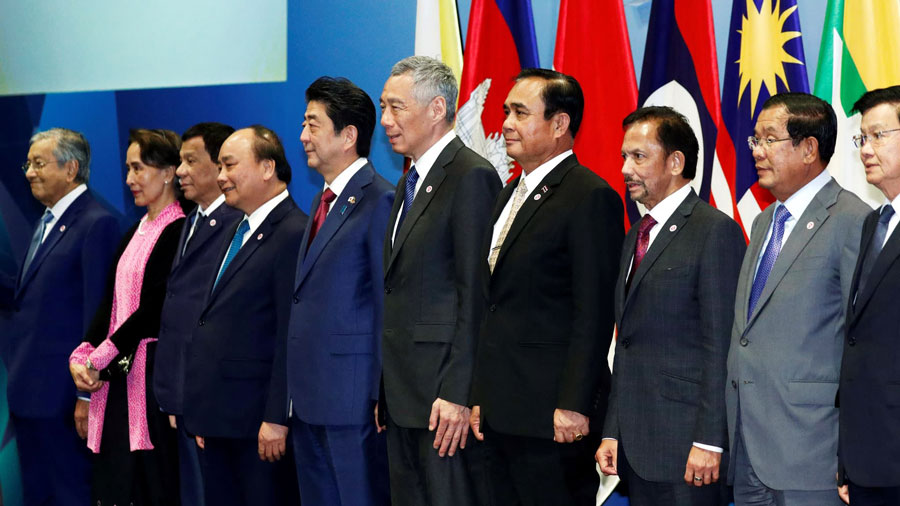The ASEAN bloc has emerged as an excellent alternative to traditional supply chains as the global patterns of supply chains and trade are changing and diversifying, Standard Chartered said in a commentary on 2 June.
“One of the key trends of recent years is the diversification of supply chains. As companies looked to find new manufacturing hubs, ASEAN emerged as an excellent alternative given its diverse yet complementary markets,” wrote Patrick Lee, Cluster CEO, Singapore and ASEAN Markets, and Andrew Chia, Cluster CEO, Indonesia and ASEAN Markets.
Standard Chartered expects global trade to grow by 70 percent to US$30 trillion by the end of the decade, while ASEAN, thanks to its trade and innovation hub status, is set to help propel the Southeast Asian bloc to become the world’s fourth-largest economy by 2030.
The recent drive to supply chain diversification benefits markets such as Indonesia, Malaysia, and Vietnam. For example, foreign direct investment (FDI) in Malaysia and Indonesia reached record highs in 2021 and the first quarter of 2022, respectively, Standard Chartered noted.
“ASEAN is also a key hub from which to trade with the rest of the world at a time when trade is becoming increasingly regionalised. While historically trade has been driven by multilateral agreements arranged by global agencies, more and more countries are choosing to negotiate trade agreements at a bilateral or regional level,” the bank’s executives for ASEAN markets wrote.
In recent years, ASEAN member states have signed up to Asia Pacific trade pacts such as the Regional Comprehensive Economic Partnership (RCEP), as well as agreements with China, the European Union, India, and the United States, among others, giving them access to the biggest markets in the world with reduced trade barriers, Standard Chartered commented.
“Importantly, ASEAN countries are working to ensure global trade is more equitable and sustainable by using digital technology to integrate small and medium-sized enterprises (SMEs) into the global supply chain,” the bank added.

